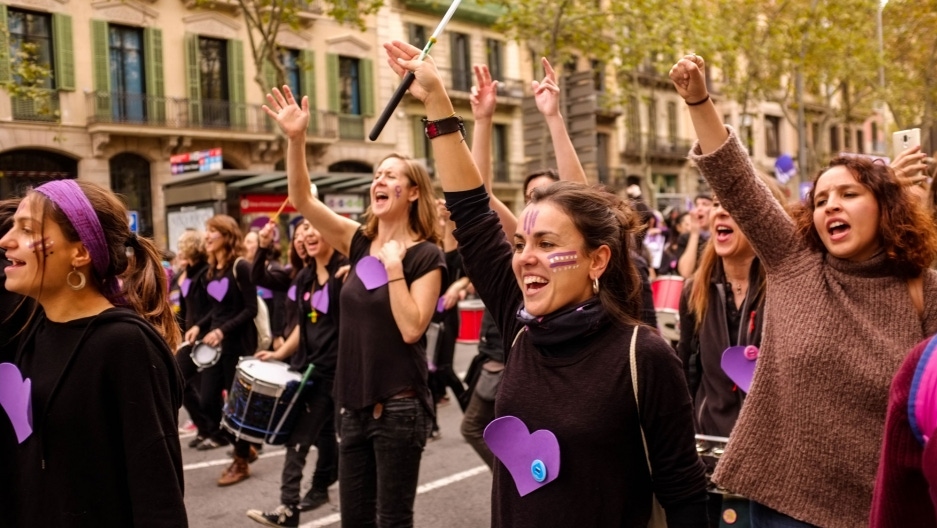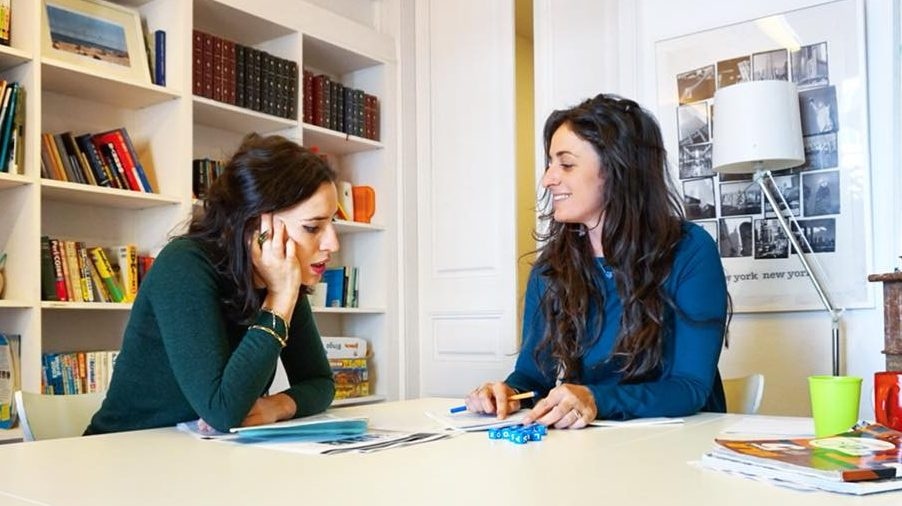Clara Campoamor
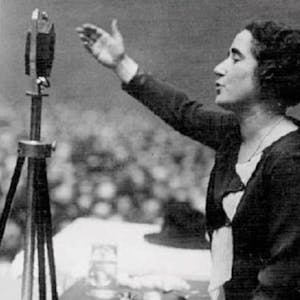
Born into a working class family in Madrid in 1888, Clara Campoamor had to start working as a seamstress at the age of thirteen, but continued to pursue her studies on the side with the ambitious aim of becoming a lawyer. Twenty-three years later, she earned her law degree from the University of Madrid. In the meantime, she’d worked on the side as a teacher and a journalist, getting involved in and advocating for issues which affected women at the time, such as suffrage, child labour laws, sexual discrimination, right to divorce and legal equality of children born outside marriage. She was one of the first three women elected to the Spanish Constituent Assembly in 1931 and her driving concern was women’s suffrage – to the point that she left the Socialist party in order to continue advocating for votes for women as an independent. She was successful in her goal, and women were given the right to vote at the end of 1931. Fearing for her life, she fled Spain at the outbreak of the Spanish Civil War, and was barred from returning to Francoist Spain unless she informed on her colleagues and publicly apologised for her statements on the Catholic Church. She died in exile in 1972, and her ashes were repatriated and interred in San Sebastian.
“La libertad se aprende ejerciéndola” “You learn about freedom by exercising your freedom“
María Goyri de Menéndez Pidal
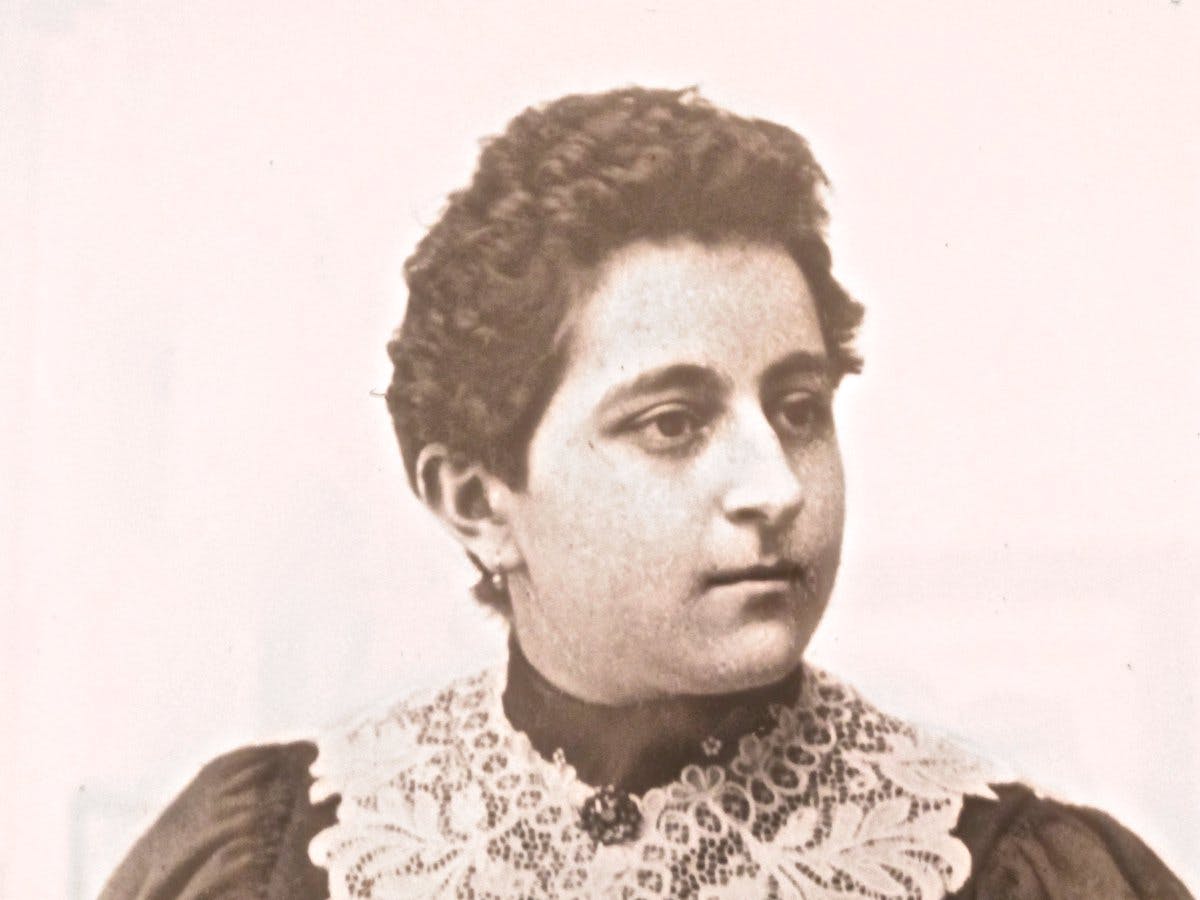
Born in Madrid in 1972, María Goyri de Menéndez Pidal was educated at home by her mother, a seamstress with decidedly modern ideas on women’s education. She enrolled María in a gym and sent her to business classes at the tender age of 12. It paid off – María was the first woman to get a degree in Philosophy and subsequently to get a doctorate from a Spanish university in 1909. She worked with several different educational groups, promoting women’s equality in education and other liberal causes. At the onset of the Spanish Civil War she was caught with her family in the outskirts of Madrid, and fled to Segovia for safety. Despite the fact that she was on the side of Franco, she continued to defend equal rights for women, in relation to education as well as everything else, which led to her being the subject of surveillance. In a report by Franco’s National Defense Council, she was described as “a cultured woman of great talent and extraordinary energy who has perverted her husband and children. She is very persuasive and one of the most dangerous people in Spain.” After the war she was no longer permitted to continue teaching, and devoted herself to the study of medieval ballads. She died in Madrid in 1955.
Francesca BonneMaison i Farriols
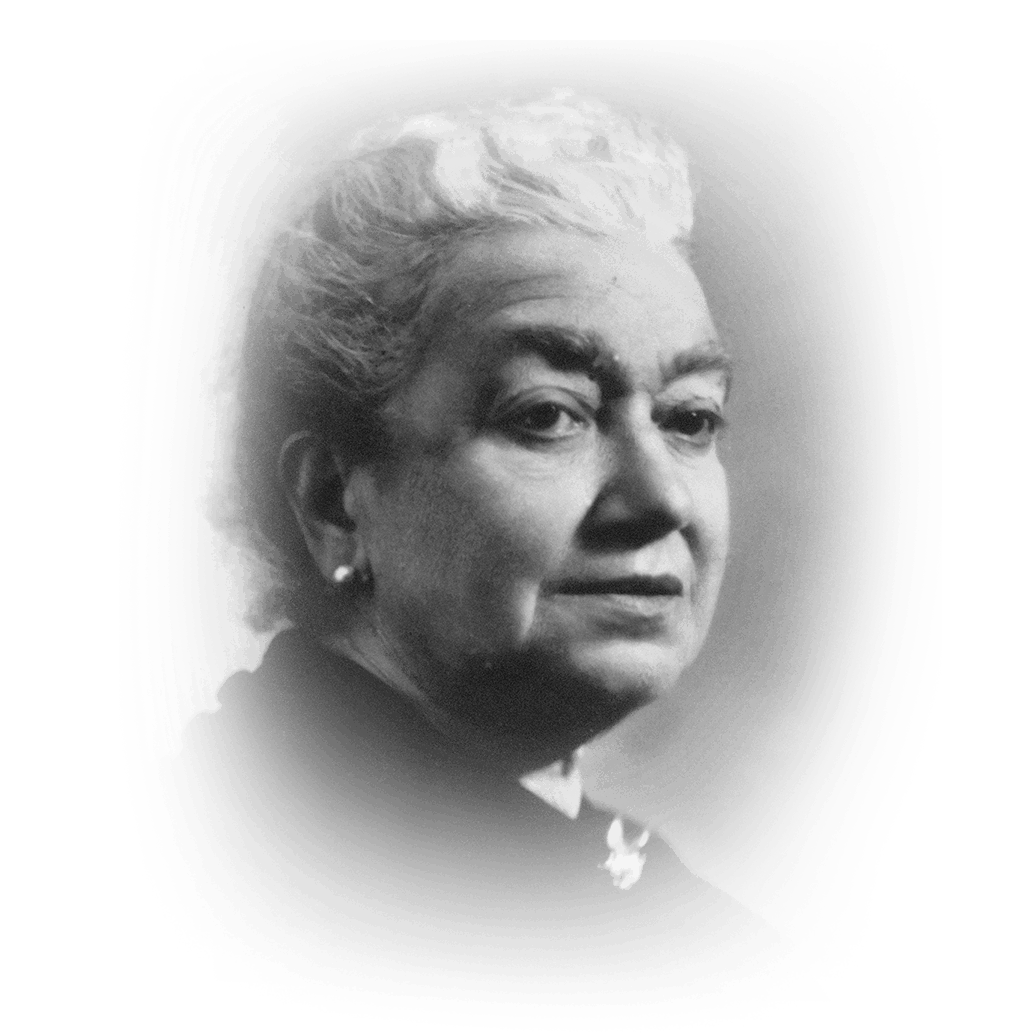
In 1872 Francesca BonneMaison i Farriols was born into an affluent, middle class family in Barcelona. Her family were very religious but, unusually for the time, she was also given an extensive education, studying music, art and three languages. Perhaps this was the inspiration for her passion for women’s education. She was the founder of the first dedicated women’s library in Europe, the Biblioteca Popular de la Dona in 1909, open to all women, with the aim of making education more accessible to the working-class women of Barcelona. The library was her main focus, especially after she was widowed at the age of 46, and when, in 1921, the library moved to a new location in an old medieval building in El Borne, Francesca Bonnemaison mortgaged both her properties to pay for it. Her efforts paid off, the library grew from 5000 books in 1911 to over 23,000 volumes in 1936. She left Barcelona in 1936 when the war broke out, and returned in 1941, but by then her library had been taken over by the Women’s Arm of the Falangist Party, and she never went back to her library again, dying in Barcelona in 1949.
Soledad Cazorla Prieto
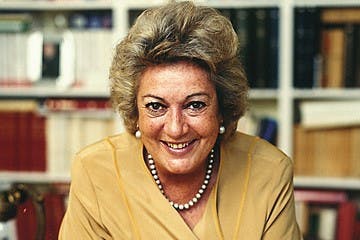
Born in Morocco in 1955 into an army family, Soledad Cazorla Prieto studied law and became a jurist, starting her career in Girona in 1981. She moved to Valladolid and then to Madrid, where she was appointed public prosecutor of the High Court. She was the first Spanish prosecutor against gender violence, and was part of a global network of legal experts promoting equality. Her personal and professional commitment towards ending gender-based violence saw her receive numerous awards and she was a tireless and formidable campaigner on behalf of survivors of domestic violence.
“Habrá que verlo con tiempo. Nos queda muchísimo por hacer. Los que pensaran que con un ley lo íbamos a arreglar no tenían ni idea…”
“We’ll see, with time. We have a lot to do. Those who thought we could fix (domestic violence) with a law had no idea…”
Ada Colau
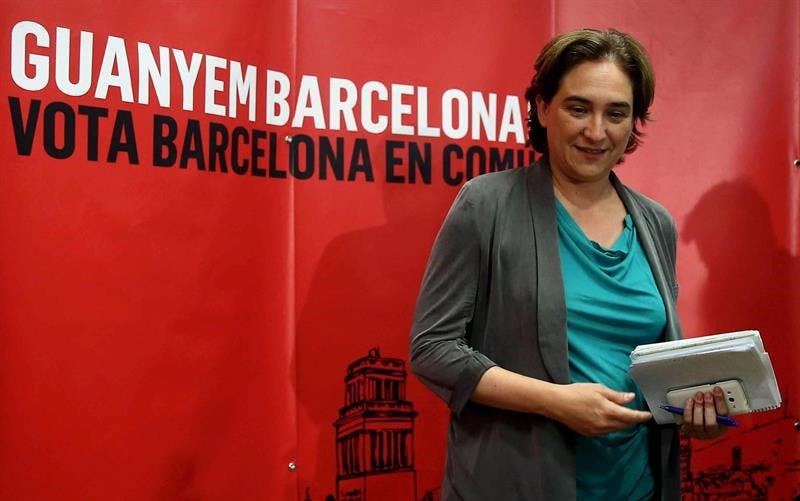
The first female mayor of Barcelona, Ada Colau was born in Guinardò, a working class neighbourhood of Barcelona, and studied philosophy at the University of Barcelona. In 2009 she co-founded PAH, an organisation dedicated to people affected by the mortgage crisis that was developing in Spain at the time, and was the spokesperson for the organisation for the next five years. She hit the headlines in 2013 when, during a televised parliamentary hearing, she said of a banker, “That man is a criminal and should be treated as such.” Ada Colau took part in numerous protests as a housing activist in Barcelona, and in 2014 founded Barcelona En Comu, the grassroots citizens’ platform which swept to power in the mayoral elections in 2015. Since then the minority council has struggled to enact some of its more ambitious plans such as taking back control of the privately-run water supply, but it has scored important victories too – pushing through a municipal housing programme and important regulations aimed at dealing with the city’s housing crisis.
“To have a society that is more just truly depends on us, and on whether we get involved or not.”

